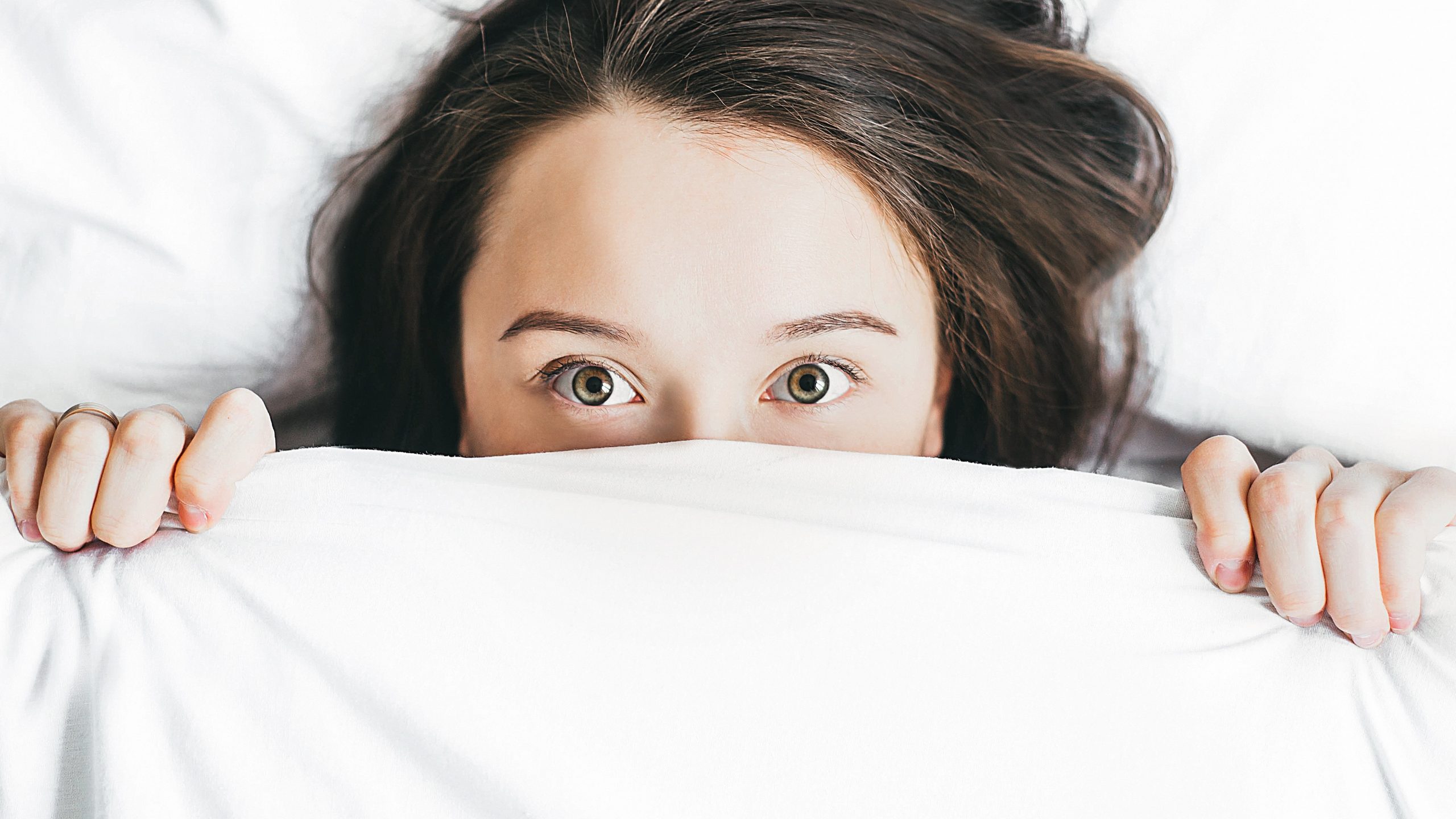

Why do we sleep? To recover? To optimize our memory? To feel good? Well, all previous reasons are partially correct. However, there’s only one explanation that’s known by researchers with certainty: we sleep because we can’t stay awake.
On top of that you have to consider sleep as behaviour. Something you can (partially) influence. If you want to sleep better, then it’s a matter of the right behaviour and sleeping habits. Therefore, 10 tips for a good night’s sleep by Dr. Erik Franck
Sleep is very individual. One person needs ten hours of sleep, the other five. Don’t focus on ‘the holy eight hours of sleep’. It’s an average. You want to associate your bed (and thus your bedroom) with sleep. Not with lying awake.
Crucial to our system of sleep is the concept of ‘pressure to sleep’. The amount of pressure to sleep (so the need to sleep) we experience, depends on the number of hours we’re awake. The longer you’re awake, the bigger the pressure to sleep. But: the more you sleep, the more the pressure to sleep decreases. Moreover, a higher pressure to sleep gives you a better (and therefore more qualitative) sleep. In other words, it’s important not to sleep for too short a time (otherwise you don’t recover enough), but also not to stay in bed for too long.
Our systems of awareness assume regularity: every morning the system of awareness is programmed to the hour you get up. If you change that hour regularly, for example by sleeping much longer in the weekend, you end up in a situation you might recognise: when you have to get up on Monday morning you feel very bad. You probably recognise that state of your body from another context: jetlag. Choose a fixed hour to get up and stick to that as closely as possible. At what time you go to bed is less important, for it goes by the rule: only go to bed when you’re tired.
Two hours before you go to bed you put all screens like computers and smartphones aside. You can watch television, because the distance to the screen is big enough. Other screens that you keep closer to your eyes keep your brain awake.
In the course of the day you build up the pressure to sleep. The later you nap, the higher you experience the pressure to sleep. And that means: the bigger your chance of a deep sleep. If you’ve had a deep sleep in the afternoon, then you don’t build up enough pressure to sleep that night: you sleep less comfortable and your sleep is less deep.
The bedroom is only intended to sleep. That’s the reason why it’s not a good idea to read or watch television in bed for people who are sensitive to insomnia.
You don’t want to associate your bed with being awake, worrying or ‘not being able to sleep’.
Mental and physical efforts during the day influence a qualitative sleep; even a little exercise is useful. By moving around we produce less stress hormones, and it makes us more at ease.
Caffeine lingers in your body for a long time (only after about twelve hours it’s completely gone!), so those who are sensitive to the effects of caffeine better avoid coffee. Alcohol makes you fall asleep easily, but it stops you from sleeping through the night. Eating late is bad for your sleep quality. Sleep medication helps in the short run, but creates effects of dependency after a few weeks. Cognitive behavioural therapy is a perfect alternative for medication.
It doesn’t always have to be like that, but insomnia can be a first symptom of stress, burnout or depression. When confronted with insomnia, know that you can always consult a GP or psychologist.